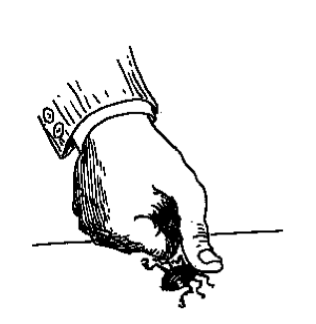“The American experience so often is grief disguised as plenitude.”
—W. S. Di Piero
Early on in Harold Ramis’s Analyze This, mob boss Robert De Niro’s trusted old consigliere trots out a complaint we’ve heard before from movie mobsters: Things aren’t what they used to be; there’s no honor anymore among thieves. That movie’s popularity was based on an unexamined weirdness: that the spectacularly paradoxical, if not incoherent, character that De Niro played—the murderous don with the secret heart of gold—is an accepted type, and has been since Francis Ford Coppola’s The Godfather and The Godfather: Part II helped create a portrait of organized crime that’s now a rock-solid part of our popular culture. In both Godfathers, family and loyalty—the unshakable solidarity of the group—are valued above all else. And of course, one of the thematic hints deployed regularly throughout the two movies, which made them seem so cheekily subversive, was the parallel they were willing to draw between the Corleone family and corporate culture. Audiences thrilled at the sheer irreverence of it: Were the Tattaglias really no different than United Fruit?
Well, as we look around us in despair, here in mid-2003, at a group of people in charge of our political and corporate landscape who appear positively ebullient in their rapacity—and who appear more and more openly and shamelessly to understand that now, finally, in ways only dreamed about before, the gloves can really come off—the most accurate cinematic template for our new political and corporate culture is not The Godfather, or even Oliver Stone’s Wall Street—jeez, it turns out that some of those people think greed is good—but Martin Scorsese’s GoodFellas. Maybe nowhere else in American film can we find such a paradigmatic version of high-spirited and lethally destructive fuck-you selfishness, or such a portrait of the way the perpetrators of such selfishness expect the rest of us to be charmed by their good fortune. “It was more that Henry was enterprising. That he and the guys were making a few bucks hustling, while other men were sitting on their asses waiting for handouts,” Karen, Henry Hill’s wife, tells us by way of explaining why her husband felt justified in bending a few rules, and in the process sounds like she’s been attending cocktail parties at Enron. Or Halliburton. Or the Texas legislature.
When it first came out in 1992, GoodFellas was read by more than one critic, in fact, as an indictment of some of the worst excesses of Reaganism. But boy, if it seemed oddly relevant then,...
You have reached your article limit
Sign up for a digital subscription and continue reading all new issues, plus our entire archives, for just $1.50/month.
Already a subscriber? Sign in





